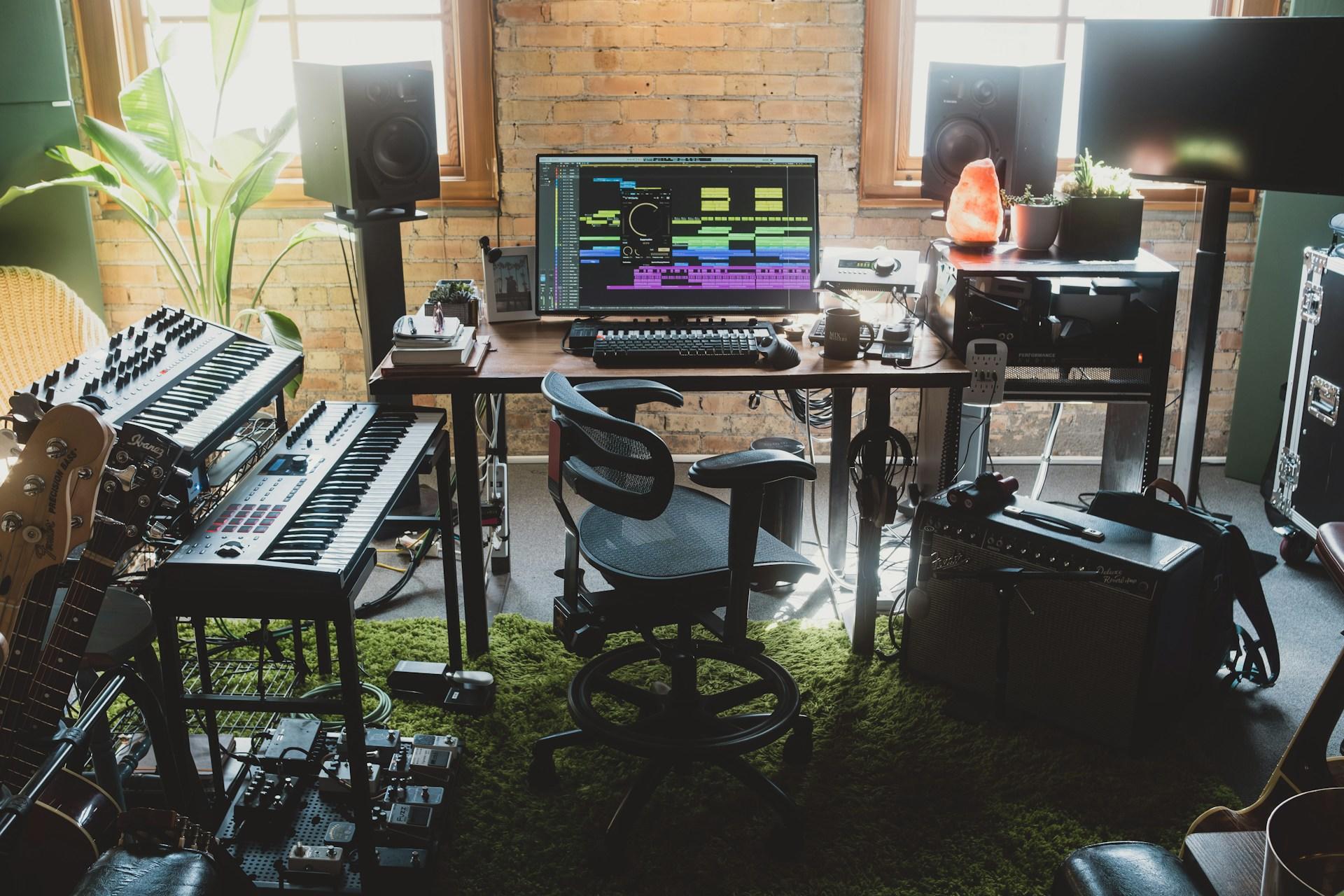"Singing is like a celebration of oxygen." - Bjork
Whether you want to make music, listen to your voice to practise or create a demo, a home studio setup can help.
Unfortunately, very few of the things you need for a home studio are cheap and by the time you buy microphones, headphones, mixing decks, preamps, etc., the cost adds up.
A home studio isn't cheap, but the budget for one can vary according to what you're using it for.
In this article, we're looking at the cost of home studios.

How Much Do Microphones Cost?
The first part of the recording process starts with a good microphone. After all, you start by singing into a microphone, your voice is converted into an analogue signal and then into a digital signal for the recording (if you're recording onto a computer).
You can find an entry-level microphone for around $100, but you'll quickly discover that there's no upper limit on the cost of studio-grade microphones and the very best microphones can cost thousands.
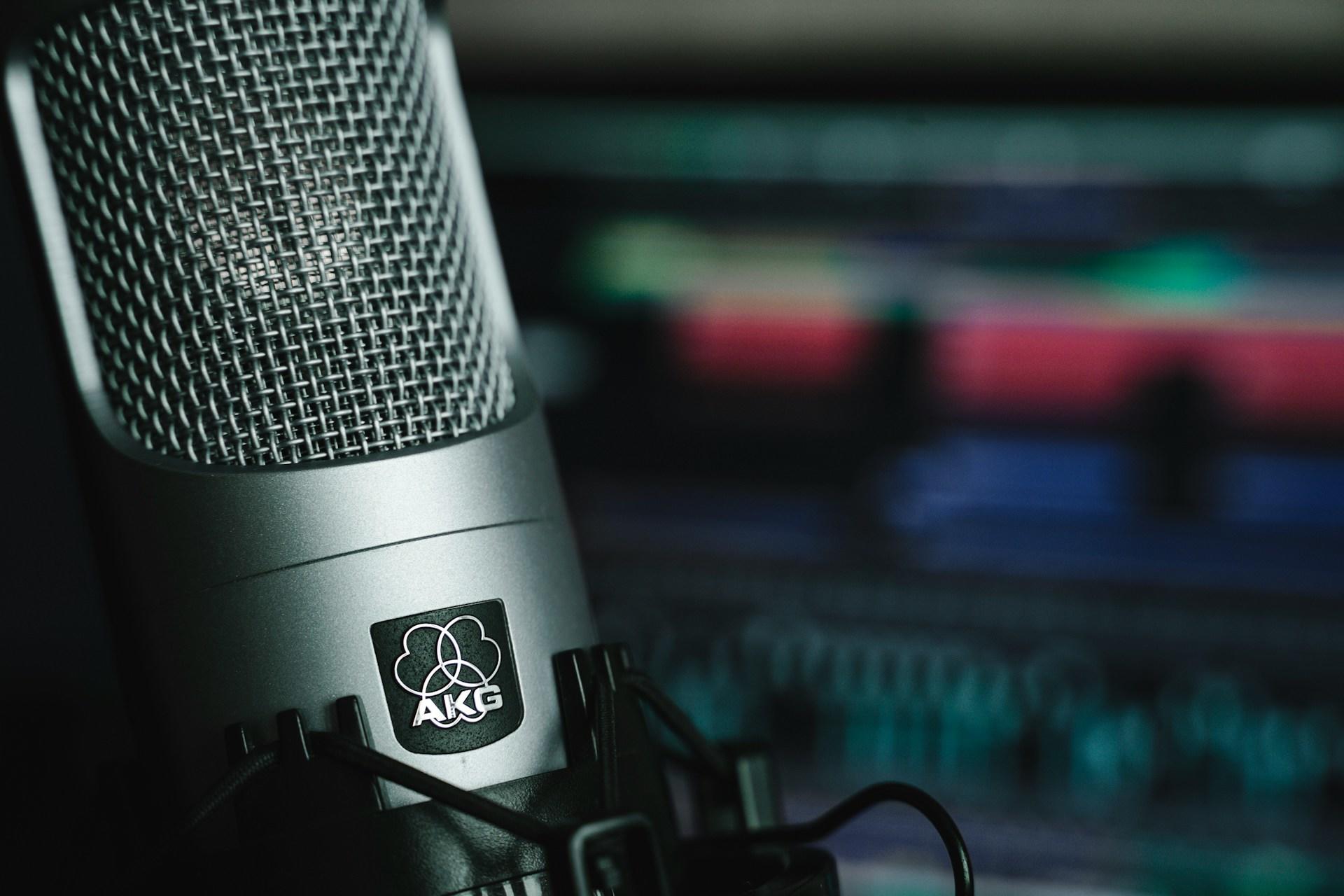
Fortunately, a budding singer doesn't need to invest thousands in a microphone, especially if they're just using it to hear whether or not they're singing in key.
With microphones, there are a lot of different options and once your singing reaches a certain level, you owe it to your voice to invest in a microphone that accurately captures it.
Before then, however, you needn't waste your money.
How Much Does Digital Audio Equipment Cost?
Without any other audio equipment, your microphone won't do much.
Your home recording studio will need a computer, but it'll also need an appropriate sound card or audio interface so that your recording equipment and computer can talk to one another.
Since most computers come with built-in sound cards or chipsets, you can normally get an adapter to connect your microphone and start recording via software on your computer.
The free program Audacity is one of the most popular ways to do this and for people starting out and wanting to record themselves simply to hear if they're singing in tune, this is a very affordable solution.
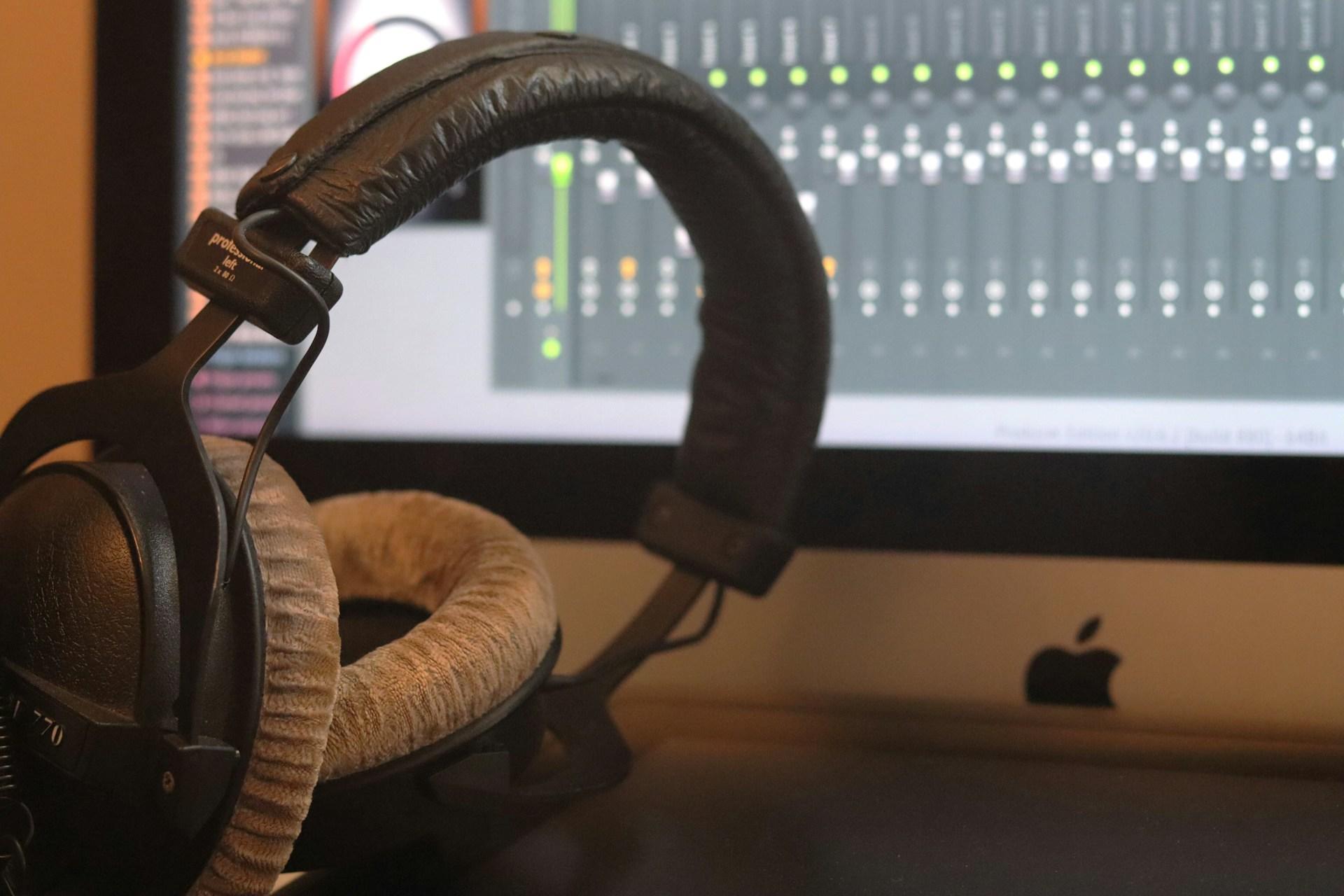
Sound cards start at around $200 but professional-grade equipment can run into the thousands.
When looking at sound cards, the number of inputs and outputs is often quite important. If you're just recording yourself singing and nothing else, you only really need an input or two. However, if you want to record yourself, a band, or other instruments at the same time, you may need several inputs of different types.
You can get external or internal sound cards. Internal sound cards connect directly to a desktop computer's motherboard and are very easy to install once you know what you're doing. However, remember that removing the case of pre-built desktop computers can often void their warranty so check before you open up the case to install new hardware.
External sound cards will connect simply via a common connection type like USB or FireWire.
If you want to be able to record your singing wherever you are, then Zoom recorders are portable and available for between $300 and $400.

The Cost of Accessories
While microphones, headphones, sound cards, DAWs, etc. make up the most of home studio budget, there are lots of other things that don't necessarily cost a lot but will add up if you forget to factor them in.
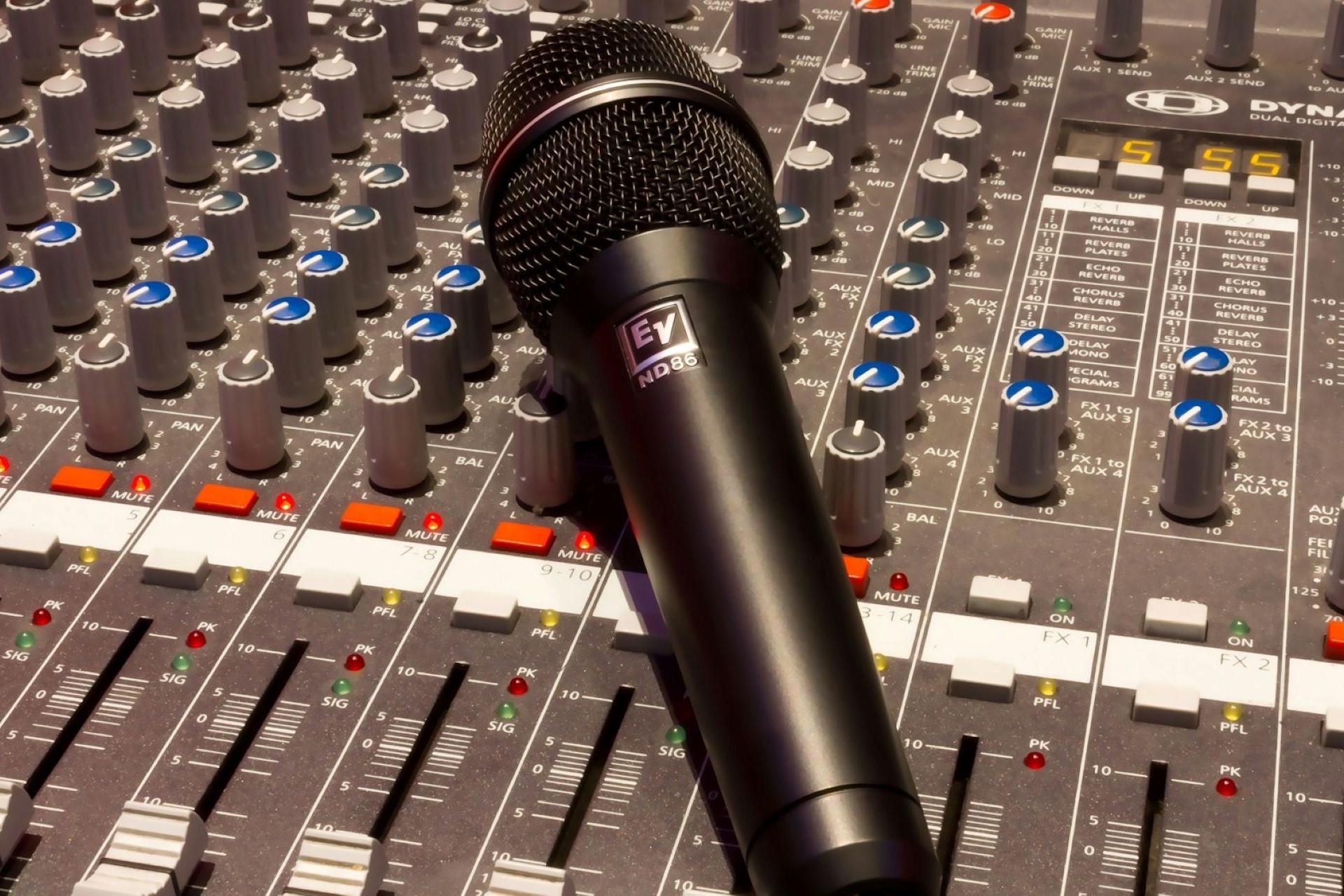
Here are some of the most common accessories that you should factor into the cost of putting together your home studio.
Pop Filters
While some of the more expensive studio-grade microphones will include an integrated pop filter, you can buy one for very little.
So what does a pop filter do?
The pop filter is to cut out the noise of plosives (letters like "p", "b", etc.) and the noise from wind if you're outdoors.
Like all other audio equipment, there's a range of prices for pop filters, but you can buy them for as little as $40.
Mic Stands
In a studio, it's common for the microphones to be fixed in place on an arm or a microphone stand. After all, it's about capturing the audio and not necessarily the performance so you won't need to move around or work on your stage presence.
You can pick up basic mic stands for around $70 with even cheaper basic stands available.
Headphones
Buying good headphones is essential as you need them to hear yourself when you sing (monitoring) or listen to a recording. There are headphones for all ranges and budgets, with basic headphones for home studios starting around $100 and the very best costing hundreds or thousands.
Speakers
Another way to listen back to your recordings is through a set of speakers.
External speakers are particularly useful if you're working with others and want to listen to the recordings at the same time, which would be quite awkward with several sets of headphones.
Studio-grade speakers can cost quite a lot and like all the other equipment you invest in, they need to be of a similar level. There's no point in buying a lot of expensive audio equipment and then listening to your recordings on low-quality speakers. Similarly, don't spend thousands on studio-grade speakers to simply record using low-quality devices.
This isn't to say you can't invest in entry-level equipment. A home studio is only as good as its weakest part.
Record Yourself Singing in a Studio
Since setting up a home recording studio might be a long-term project as you save the money to put everything together, you might want to think about paying to record yourself singing in a studio.
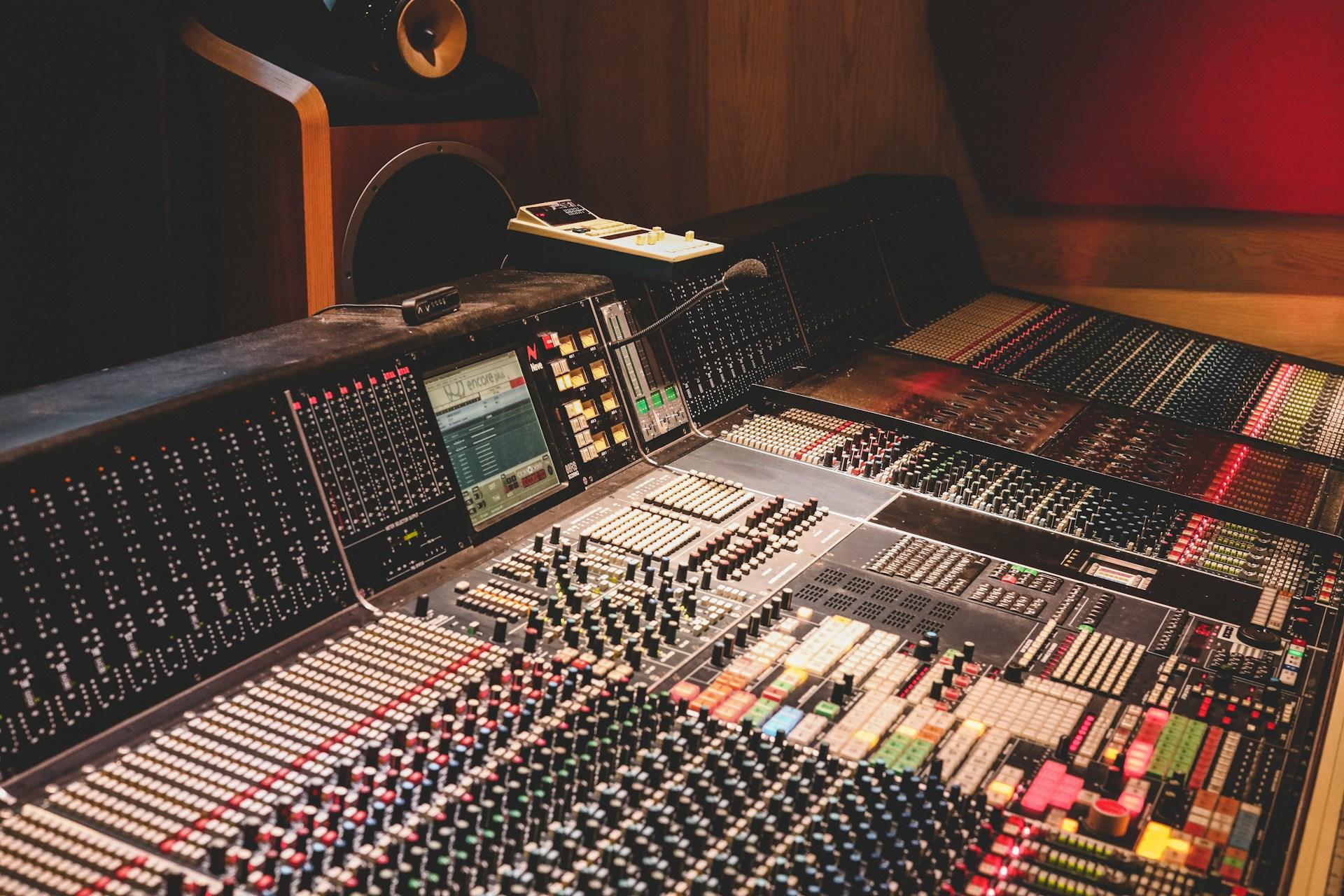
You can rent a studio or pay for a session for far less than the costs of making a home studio. You'll likely have access to far better equipment than you might be able to afford.
Some studios will also offer an assistant, sound engineer, and all the necessary mixing and mastering of your recording, something which can take years of practice and experience to get right.
Renting a recording studio is probably the best way to record some high-quality music, but it's not a solution to recording yourself to get better at singing.
You should only consider this option if you're already a good singer looking to make and record music to release as it can cost hundreds to rent a studio depending on how long you'll need it for.
Improve Your Singing with Private Tuition
While it's clear when somebody can't play a musical instrument, when it comes to singing people are far more likely to claim that they can sing.
However, it takes just one recording of yourself singing to hear how far you have to go. Don't worry about it, though. While singing is something that certain people have an innate talent for, the very best singers will regularly practise, get lessons, and work on their voices.
Recording yourself is a great way to hear where you're going wrong, but to improve your singing further, you may want to enlist the help of a professional.
Learning to sing means investing time, but as you've seen from the cost of putting together a home studio, it can also involve a financial investment. With a private singing tutor, it's both.
You'll pay for a private singing tutor, but you'll likely see that the cost of the time spent working with them is worth more than the actual amount you pay them.
On the Superprof website, you can find singing tutors for different styles of singing, different levels, and different budgets.
There are even different types of tutoring available, which come with different types of tutoring offering different advantages and disadvantages.
Face-to-face tutoring is probably the most cost-effective type of private tutoring, but it's usually the most expensive. You're not just paying for the tutor's time, you're also paying for them to come to you to tutor you and all the time they spend outside of your sessions planning your tuition.
Online tutoring tends to be cheaper since the tutors don't have to travel to their students and they can schedule more sessions each week thanks to all the travel time they free up. Some students find that this isn't as effective as having the tutor in the room with them, but for others, the difference is negligible, making it a very affordable alternative.
Last but not least, there are also group tutoring sessions available. If every student shares the cost of the tutor's time and expertise, it'll work out much cheaper than one-on-one sessions. Of course, you won't get to enjoy sessions that are completely tailored to you.
Most tutors on the Superprof site offer their first lessons for free so try a few out before choosing the right one for you. They may even be able to offer you advice on putting together your home studio!
Summarise with AI:

